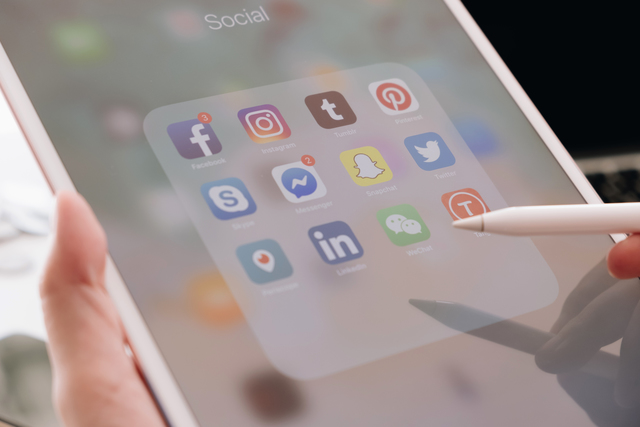


Surviving Social Media
By Thomas Fladung, Hennes Communications
The public school policy manual included this under the “Social Media Use” heading:
“An employee’s personal or private use of social media may have unintended consequences.”
You think?
Consider a few “unintended consequences” of recent vintage involving public school representatives.
A Texas high school English teacher was fired in 2019 after sending a series of tweets directed to President Donald Trump’s Twitter account.
Here’s one example: “@realDonaldTrump, Mr. President, Fort Worth Independent School District is loaded with illegal students from Mexico. Carter-Riverside High School has been taken over by them. Drug dealers are on our campus and nothing was done to them when the drug dogs found the evidence.”
The teacher later said she thought her tweets were private messages to Trump.
A creative writing and journalism teacher at a high school in Wisconsin was placed on leave for this tweet about Rush Limbaugh: “rush limbaugh absolutely should have to suffer from cancer. it’s awesome that he’s dying, and hopefully it is as quick as it is painful.”
And school board members across the country have resigned or faced demands for their resignations for a variety of issues associated with social media, from displaying Confederate flags to comments on social justice issues to photos being found of a board member in blackface at a Halloween party.
Many of the incidents made national and even international news. Some of the social media posts were from years before. Many were removed – presumably by the authors. All the posts themselves or news stories about them can be found in a matter of minutes, searching online.
This bears repeating: If you put it on the internet, you should assume it will never go away.
And you should not assume that you’re somehow protected from the repercussions of what you post because it’s on a private social media account – after all, don’t we all enjoy those First Amendment protections for free speech?
“Public school principals, teachers and other employees must realize that controversial social media posts may lead to discipline and ultimately no First Amendment protection for their inflammatory comments,” David Hudson, Jr., a law professor at Belmont University in Nashville, Tenn., and a First Amendment Fellow wrote for the Freedom Forum. “Public employees retain rights as citizens to comment on matters of public importance, but those rights are balanced against school districts’ interests in avoiding disruption of their operations.”
Indeed, your private social media account could be subject to a public records request.
Sara Clark, in-house attorney for the Ohio School Boards Association notes that the deciding factor is not what job you hold. It’s not that this was your private Facebook page. It’s whether the message posted there “serves to document the organization, functions, policies, decisions, procedures, operations or other activities” of the public office, or in this case, the public school. It’s the content of the message, and not whether the message is posted on a public or private account, that drives the public record analysis.
There are, though, best practices that public school representatives can apply to their use of social media to help avoid unhappy consequences:
- If you maintain multiple accounts – for example, some people have a professional Facebook page associated with their job and a personal Facebook page – make sure you distinguish between the accounts. Don’t let them blur or overlap.
- When you’re on your personal pages, make it personal. Don’t talk about work there. Don’t talk about the school or district there.
- Make sure you understand how your privacy settings work and that you have them set at a level that makes you comfortable with what everyone else can see about you.
- Don’t write posts on personal accounts that would fit within the scope of your employment or role as a public school representative. Again, keep your personal pages personal.
- Don’t discuss your private accounts in public meetings or documents.
- Don’t link to your private accounts from an official school account.
- Don’t use government-issued devices to maintain your private account.
Want to learn more about the risks and rewards of social media? The Ohio School Boards Association has a rich array of resources on its website, including examples from schools that successfully made the plunge into social media, tips and trends and more.